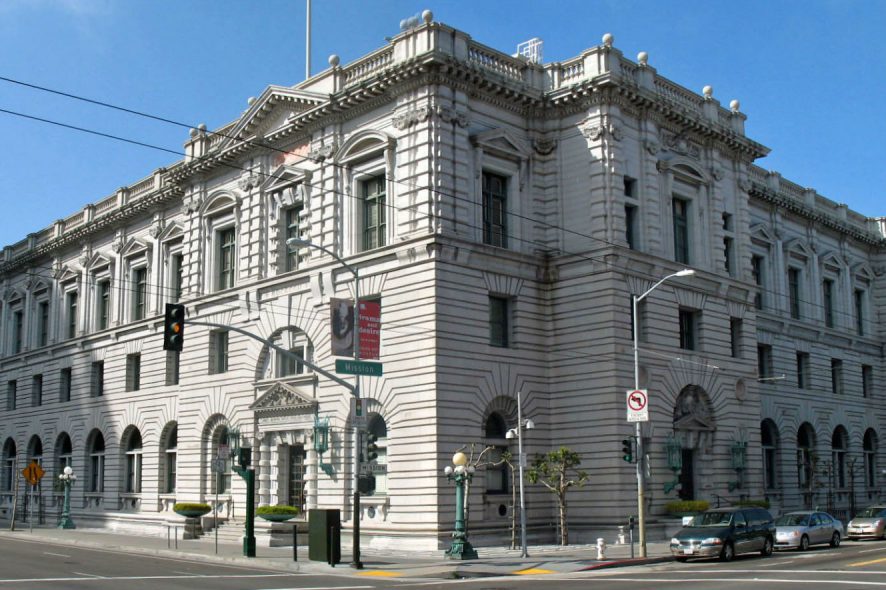United States Court of Appeals for the Ninth Circuit: The Court was deciding an issue as to whether AT&T (mobile data-service provider) was in violation of Section 5 of the FTC Act, the issue being the adequacy of AT&T’s disclosures regarding its data throttling plan, under which AT&T intentionally reduced the data speed of its customers with unlimited mobile data plans. Section 5 of the FTC Act protects the customer from unfair and deceptive practices but provides for an exception to common carriers. The issue in a nutshell was whether AT&T is a common carrier in terms of Section 5 of the Act or not.
The FTC contended that AT&T might have the status of a common carrier but it can be prosecuted for its activities that are not relatable to a common carrier. In other words, the exemption in Section 5 of the FTC Act is activity-based not a status based-exception. Thus for activities not relatable to a common carrier the FTC will have the right to prosecute even a common carrier and that AT&T cannot evade the inquiry by citing its status of a common carrier. On the other hand the contention of AT&T was that the clear words in the FTC Act exempt common carriers and that the literal interpretation should be given effect to. The FTC further contended that in case the exemption in Section 5 is held to not extend to the activities of AT&T then the data services of AT&T would be liable for unfair and deceptive practices because in their advertisements there is no disclosure of the data speed decreasing once a customer has utilized a limit of data.
The Court decided against FTC on the first count therefore the need to evaluate the second had not arisen. The Court exempted AT&T on the following grounds: (a) the literal interpretation of Section 5 should be given effect to, (b) in the statute there is no room to create a distinction of separate classes of exemptions i.e. activity based and status base, (c) even the legislative history of the provision bolsters the case of the AT&T data service provider – as per analogy an exemption under Section 5 is also carved out for another class entirely (i.e. packers/stockyards) and later the Act was amended to curtail their exemption on the basis of their activities – this exemption expressly based on activity shows that when the legislature wanted, it provided for a specific provision to curtail the exemption. In light of the above, the Court granted AT&T exemption from the FTC Act and held the exemption under Section 5 to be a status based as opposed to an activity based exemption. The judgment of the District Court was reversed and the case remanded back for entry of an order of dismissal. [Federal Trade Commission v. AT & T Mobility LLC, No. 15-16585, decided on August 29, 2016]
Ed.: Appeal from the United States District Court for the Northern District of California, Edward M. Chen, District Judge, Presiding






